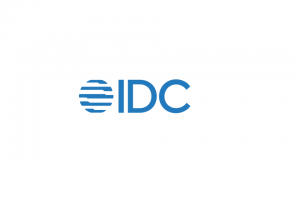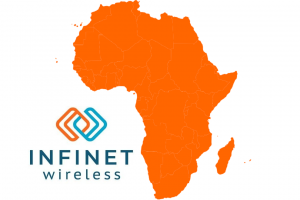Egypt: Quadrupling the broadband speed for an economy increases GDP by 0.6{e1f18614b95d3cd6e4b3128e1cd15d99b042a60a5a19c19b7a8e07e7495efa10}.
Research conducted by Ericsson, Arthur D. Little and Chalmers University of Technology confirms that increased broadband speed contributes significantly to economic growth
Positive effects come from automated and simplified processes, increased productivity as well as better access to basic services such as education and health
Quadrupling the speed of broadband in Egypt has the potential to contribute an additional 0.6* percent to the nation’s Gross Domestic Product (GDP). The findings are based on research jointly conducted by Ericsson (NASDAQ:ERIC), Arthur D. Little and Chalmers University of Technology.
Significantly, while doubling the country’s broadband speed would lead to a 0.3 percent increase in GDP worth almost USD688.59 million, quadrupling Internet access speeds would add approximately USD1.377 billion or a growth of 0.6 percent. The study also shows that additional doublings of speed can yield corresponding GDP growth stimuli.
According to analyst firm Business Monitor International (BMI), there were 4.430 million broadband users recorded in the country as of 2011, with the number projected to rise by 3.84 million to 8.276 million users in 2016.
“Broadband has emerged as a significant driver of economic growth even as we continue to evolve from an information society to what we, at Ericsson, call a Networked Society,” said Anders Lindblad, president, Ericsson Region Middle East and North Africa. “There is no doubt in my mind that Broadband, whether mobile or fixed-line, is a vehicle for economic growth, innovation and productivity.
He added, “The government and telecom operators here in Egypt have clearly recognized the importance of broadband and this is reflected in their collective efforts to achieve higher penetration across the country through fixed and mobile broadband solutions.”
Both broadband availability and speed are strong drivers in an economy. In 2010, Ericsson and Arthur D. Little concluded that for every 10 percentage point increases in broadband penetration, GDP increases by 1 percent.
This growth stems from a combination of direct, indirect and induced effects. Direct and indirect effects provide a short to medium term stimulus to the economy. The induced effect, which includes the creation of new services and businesses, is the most sustainable dimension and could represent as much as one third of the mentioned GDP growth.
This study is the first of its kind in that it quantifies the economic impact of increases in broadband speed in a comprehensive scientific method using publicly available data.
-Ends-
* The study is based on the economic impact of average attained broadband speed, both fixed and mobile, has been analyzed using panel data regression analysis with quarterly data points from 2008-2010 for 33 OECD countries.
* It is highly likely that the link between speed and growth observed in this study is also valid for non-OECD countries. Previous research conducted by Ericsson and ADL showed specially strong links between broadband penetration and economic growth in countries with medium ICT maturity.
* One-directional, isolated effect.
* Average achieved broadband speed data provided by Ookla
* Estimate of impact on Egypt is based on a recorded GDP of USD 229,530,568,260 in 2011 (source: World Bank)
Our multimedia content is available at the broadcast room: www.ericsson.com/broadcast_room
Ericsson is the world’s leading provider of communications technology and services. We are enabling the Networked Society with efficient real-time solutions that allow us all to study, work and live our lives more freely, in sustainable societies around the world.
Our offering comprises services, software and infrastructure within Information and Communications Technology for telecom operators and other industries. Today more than 40 percent of the world’s mobile traffic goes through Ericsson networks and we support customers’ networks servicing more than 2.5 billion subscribers.
We operate in 180 countries and employ more than 100,000 people. Founded in 1876, Ericsson is headquartered in Stockholm, Sweden. In 2011 the company’s net sales were SEK 226.9 billion (USD 35.0 billion). Ericsson is listed on NASDAQ OMX, Stockholm and NASDAQ, New York stock exchanges.
April 25, 2025











